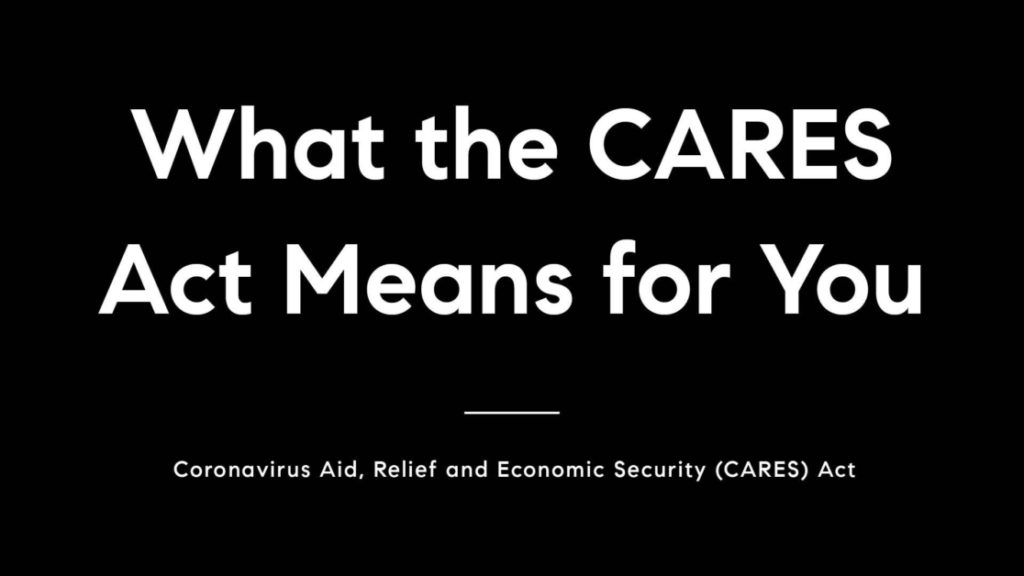As we’re all dealing with the effects of COVID-19 on our lives, I want to share encouraging news: the government has approved the $2 trillion Coronavirus Aid, Relief and Economic Security (CARES) Act which will help millions of people in this critical time. Perhaps even you.
This sweeping legislation is unprecedented in the history of our nation and provides significant economic assistance to address the impact of COVID-19. The CARES Act is over 800 pages long, but here are some of the economic provisions most relevant for you.
What this means for you and your loved ones
Most individuals earning less than $75,000 can expect a one-time cash payment of $1,200. Married couples would each receive a check and families would get $500 per child. That means a family of four earning less than $150,000 can expect $3,400.
States will still continue to pay unemployment to people who qualify. This bill adds $600 per week from the federal government on top of whatever base amount a worker receives from the state. That boosted payment will last for four months.
The bill provides $10 billion for grants of up to $10,000 to provide emergency funds for small businesses to cover immediate operating costs.
There is $350 billion allocated for the Small Business Administration to provide loans of up to $10 million per business. Any portion of that loan used to maintain payroll, keep workers on the books, or pay for rent, mortgage and existing debt could be forgiven, provided workers stay employed through the end of June.
Typically, self-employed people, freelancers and contractors can’t apply for unemployment. This bill creates a new, temporary Pandemic Unemployment Assistance program representing $600 per week through the end of the year helping people who lose work as a direct result of the public health emergency.
Stay safe and healthy.
All the best, Ken Er
